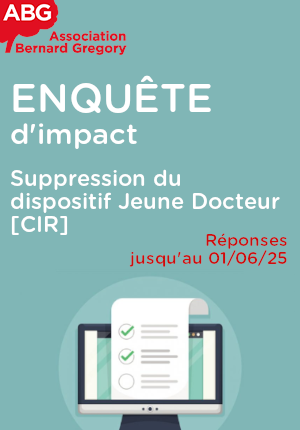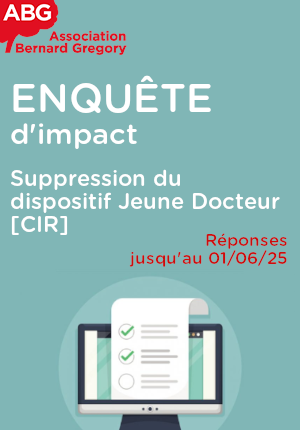Improving design of plant based ‘cheese’: impact of formulation and environmental conditions on the mechanical properties
| ABG-131960 | Sujet de Thèse | |
| 14/05/2025 | Financement de l'Union européenne |
- Chimie
- Physique
Description du sujet
The Doctoral Network “Edible Soft Matter” (ESM), funded by the European Union in the frame of the Marie Sklodowska-Curie Actions (MSCA) funding programme is an international, interdisciplinary, and cross-sectoral network gathering leading experts in basic and applied soft matter and food sciences.
The objective of this 48-month project, starting from 1st March 2025 is to train and develop the employability of a new generation of young researchers, regulators, consultants and project leaders by providing them with a unique expertise in the design, production and quality assessment of innovative plant-based food products.
The consortium includes eleven Beneficiaries from seven countries (including three from the non- academic sector) who will each recruit at least one Doctoral Candidate and twelve Associated Partners (including four from the non-academic sector) with worldwide recognised and complementary expertise.
18 Doctoral Candidates will be recruited and trained in the frame of the ESM project. Through the implementation of an Individual Research Project (IRP) and the network-wide training activities, characterized by a strong involvement of the non-academic partners of the project, the Doctoral Candidates will develop the hard and soft skills needed to face the current challenges related to food and environmental transitions.
The ESM project is organised in seven work-packages (WP) including four research-based WP and three transversal WP dedicated respectively to Doctoral candidates training (WP5), Communication, dissemination & exploitation of the project results (WP6) and to Project management and coordination (WP7). The research-based WP unravel basic scientific questions to address the essential food-related research objectives: Plant-based Ingredients (WP1), Assemblies and Interactions (WP2), Multiscale Structuring (WP3) and Towards Innovative Manufactured Foods (WP4). The scientific objectives of the project will be achieved through the implementation of 18 Individual Research Projects (IRP).
IRP14: PhD position in "Improving design of plant based ‘cheese’: impact of formulation and environmental conditions on the mechanical properties"
Supervision:
Main supervisor: Dr. Peggy Thomar
Co-supervisor(s): Pr. Christophe Chassenieux
Objectives:
Understand the thermodynamic and microstructure of complex mixtures containing starch/fibre/plant protein/salt that are currently used to mimic cheese and their impact on the thermomechanical properties of the resulting cheese. (ii) Establish phase diagrams to identify domains with different types of networks (interpenetrated, segregated, nanocomposite) at rest. (iii) Investigate the influence of temperature and shear to establish how the processing conditions impact the thermomechanical properties of formulations. (iv) Confront the learnings to more realistic situations – replacing model ingredients by raw ones (native starch, non-purified ingredients) and by adding plant-based fats
Expected results:
Structure/properties relationship for a complex ternary starch/fibre/plant protein at rest and under shear. (ii) Rationale for an optimised design of plant-based cheese with control of functionality thanks to the formulation and process. (iii) Establishment of a strategy of formulation/process to replace functionality of any additives by raw ingredients. (iv) Proof of feasibility for food application (stability, pilot scale and use as food ingredients).
Planned secondments
CNRS, Institut des Matières et Molécules du Mans, C. Chassenieux, 10 months.
Prise de fonction :
Nature du financement
Précisions sur le financement
Présentation établissement et labo d'accueil
BEL Group
Site web :
Etablissement délivrant le doctorat
Profil du candidat
MSc or equivalent in food science or technology with a solid training in formulation, rheology, light scattering or microscropy applied to hydrocolloids and proteins.
Scientific interest, dedication to research and career goal to work in food/dairy industry.
Appreciation for interdisciplinarity and proactive drive to collaborate across fields
Proficiency in English, good communication skill and social competence
Vous avez déjà un compte ?
Nouvel utilisateur ?
Vous souhaitez recevoir nos infolettres ?
Découvrez nos adhérents
 Groupe AFNOR - Association française de normalisation
Groupe AFNOR - Association française de normalisation  ONERA - The French Aerospace Lab
ONERA - The French Aerospace Lab  TotalEnergies
TotalEnergies  Institut Sup'biotech de Paris
Institut Sup'biotech de Paris  CASDEN
CASDEN  MabDesign
MabDesign  SUEZ
SUEZ  Généthon
Généthon  Tecknowmetrix
Tecknowmetrix  ADEME
ADEME  Ifremer
Ifremer  ANRT
ANRT  Laboratoire National de Métrologie et d'Essais - LNE
Laboratoire National de Métrologie et d'Essais - LNE  ASNR - Autorité de sûreté nucléaire et de radioprotection - Siège
ASNR - Autorité de sûreté nucléaire et de radioprotection - Siège  Nokia Bell Labs France
Nokia Bell Labs France  PhDOOC
PhDOOC  CESI
CESI  Aérocentre, Pôle d'excellence régional
Aérocentre, Pôle d'excellence régional  MabDesign
MabDesign







